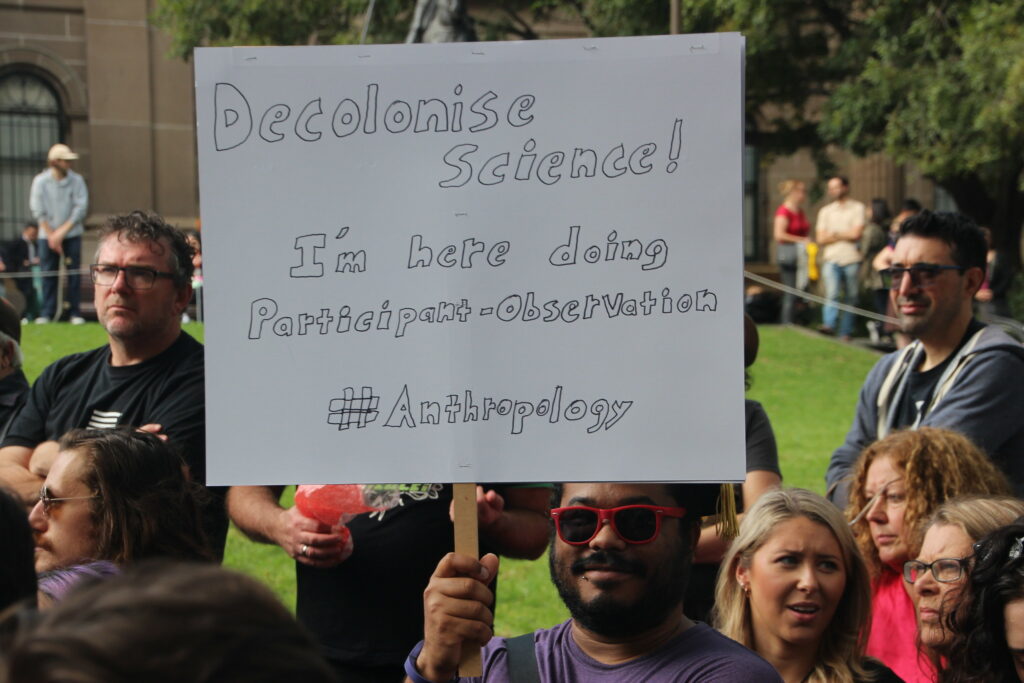Oral Statement on the Negative Impact of the Legacies of Colonialism on the Enjoyment of Human Rights 51st Session Human Rights Council, 28 September 2022 Agenda Item 3, Promotion and protection of human rights, civil, political, economic, social and cultural rights, including the right to development
Prepared and Submitted on 26 September 2022 by the Islamic Human Rights Commission (UK)
Download the PDF version here.
Oral Statement on the Negative Impact of the Legacies of Colonialism on the Enjoyment of Human Rights
We live at a crucial moment in the development and enjoyment of human rights. The narratives of decoloniality – whether in culture, education, economics or political theory – are enjoying a wide and growing popularity. However, the negative legacies of colonialism, persist, including but not solely:
- Economic dependence of post-colonial countries on former colonisers;
- The failure by colonisers to pay reparations;
- The continued embedding of colonial education and legal systems creating new, or sustaining old colonial hierarchies of knowledge;
- The enduring violence of direct and hybrid war by former and neo- colonisers.
These impact the day to enjoyment of human rights of citizens in post-colonial countries, diaspora communities from those countries and contexts, but also post-colonial countries.
This impact on the latter category is particularly important in understanding how new colonialities of powers undermine the enjoyment of human rights in so many contexts. If states are not free to implement new, alternative, old and or modified forms of political and economic organisation – free from threats of violence, crippling debt and sanctions imposed by former and neo- colonisers – their state can only nominally be called post-colonial.
We call on the UN and its relevant organs to commit decidedly to developing decolonial theories and praxes which can be tried and implemented in safe ways, free from the interventions of member states who often use the narrative of human rights to deny human rights of the most basic kind – safety, security, personal social and national autonomy, standards of living and equality of opportunity across borders. We need only look at the so-called permanent wars, or sanctions regimes being levied on states that challenge the colonial norm.
There is a vast and growing literature based on decolonial knowledge production that demands the opportunity to be tried in practice or indeed where it is already being tried, to be allowed to develop without grossly unjust and punitive measures implemented by member states.
We encourage the UN to call out the behaviours of those states who seek to undermine decolonial movements, as rogue states. For the world’s peoples to have equality and access to the same human rights standards, this issue – the elephant in the room – must be seriously addressed.
Thank you.







